Tai Chi for SAD
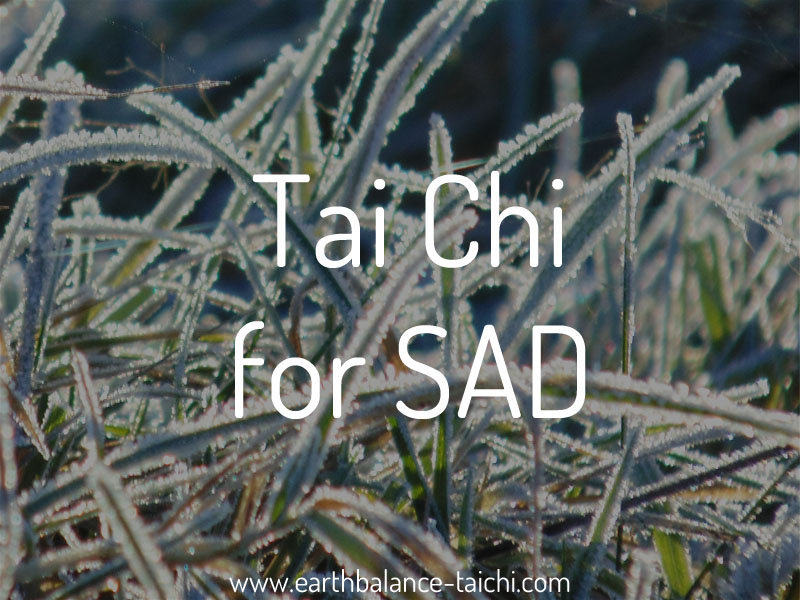
Tai Chi for SAD
SAD stands for seasonal affective disorder. Commonly talked about as the winter blues, SAD is a serious condition that affects many people over the winter months. Linked with the lack in our bodies of Vitamin D from natural sunlight, this condition can be hard to diagnose as the symptoms are similar to other depressive disorders.
Symptoms of SAD
- Depression
- Anxiety & stress difficult to overcome
- Lethargy/fatigue
- Insomnia
- Comfort eating leading to weight gain
- Lack of concentration/focus
- Memory difficulties
- Emotional, irritable, intolerable, easily agitated
- Isolation, no desire for social contact
- Lack of motivation
- Decrease in libido
Complementary/Natural Ways to Help
- Eat a nutritional diet, avoid mass produced/packaged/convenience foods
- Avoid stimulants like cigarettes, coffee and alcohol
- Take the appropriate dietary supplements (minerals, vitamins)
- Increase exposure to natural light
- Artificial light therapy e.g. full spectrum light boxes
- Keep moving, exercising & being active
- Learn to manage stress e.g. meditation
- Acupuncture / Traditional Chinese Medicine
- Homeopathy
- Ayurvedic medicine
- Keep up social contact
- Ensure you get a good night's sleep

Tai Chi / Qi Gong / Meditation & SAD
Tai Chi and Qi Gong combine gentle powerful movements, deep breathing and the theory of Traditional Chinese Medicine (TCM) as a system for physical, emotional and psychological health and wellbeing. Known as meditation in motion, the internal arts can help with a myriad of symptoms and are accessible at any age or physical condition. These practices can also help boost your immune system by as much as 50%, perfect for the winter season. Public classes also give the chance for social contact out of the house, even if for just one hour per week during the winter months.
Tai Chi, Qi Gong and meditation are all great ways to help manage stress, reduce anxiety, level the emotions, become more grounded, in touch with our bodies and at ease with ourselves.
With SAD, finding natural alternatives to boosting energy and reducing fatigue is very important. The physiological benefits of Tai Chi and Qigong are many, specifically regular and accurate practice of the Classical Chinese arts helps to boost your energy levels through increased oxygen intake, increased circulation, improved drainage of the lymph system, internal organs that function better and through relaxation of chronically tight muscles. There is also improvement in the joints, they become nourished and hydrated by the dynamic movements in Tai Chi and Qigong. The soft tissue network is the happiest when you exercise regularly, when stretching, spiralling, expanding and contracting your limbs and torso in a slow controlled and relaxed way. Tai Chi and Qigong are restorative exercises, which can help to increase your serotonin levels in the brain, helping you to level your emotions and boost your mood and sense of wellbeing.
"Going for a daily walk or taking up yoga or Tai-Chi is a great way to not only improve your physical health but your mental health as well. I cannot emphasize the importance of exercise for those who suffer from anxiety or depression. Exercise can have the equivalent benefit as a prescribed anti-depressant." Excerpt from 'How to Stop Winter Depression' by www.jasonhill.hubpages.com
* Please note that the Taoist practices are not a replacement for conventional medical treatment. Please speak with your doctor prior to starting a new exercise programme. This article is for information purposes only and must not be taken as medical advice. *


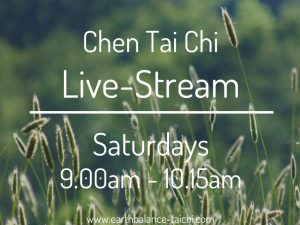
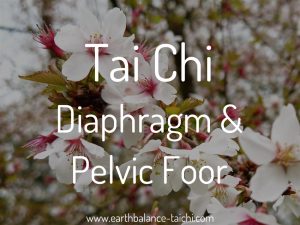
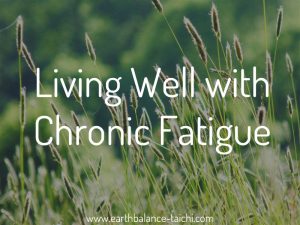



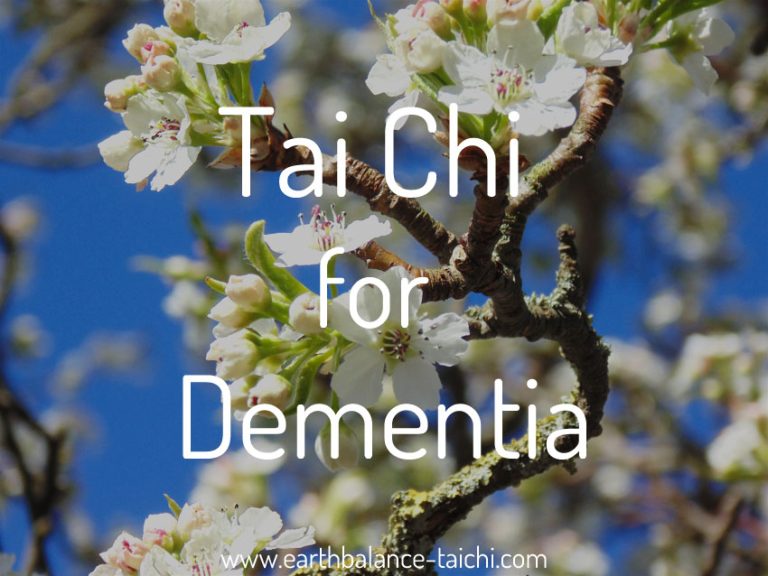

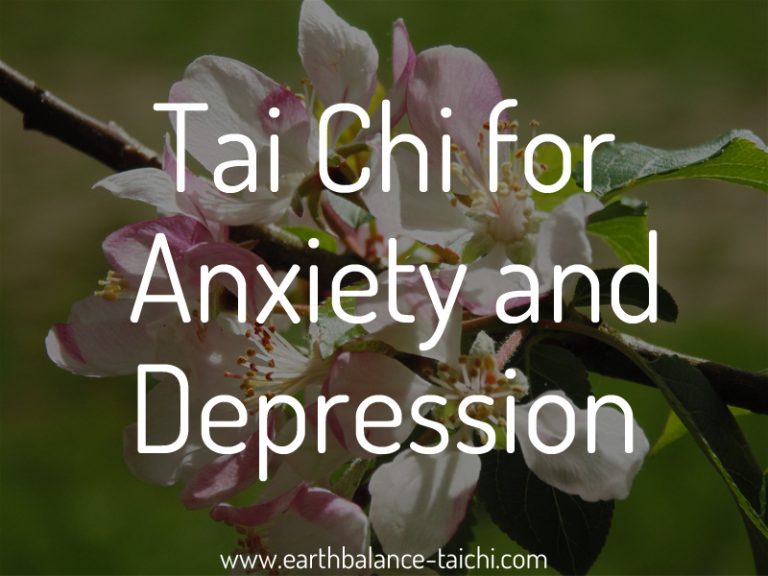
Great post. I have been thinking that meditation is a great practice before sleep, and have noticed a change on my overall attitude. Tai Chi is a great method of battling SAD, and likely instills overall greater levels of confidence due to the mastering of the art.
This is just the prefcet answer for all of us